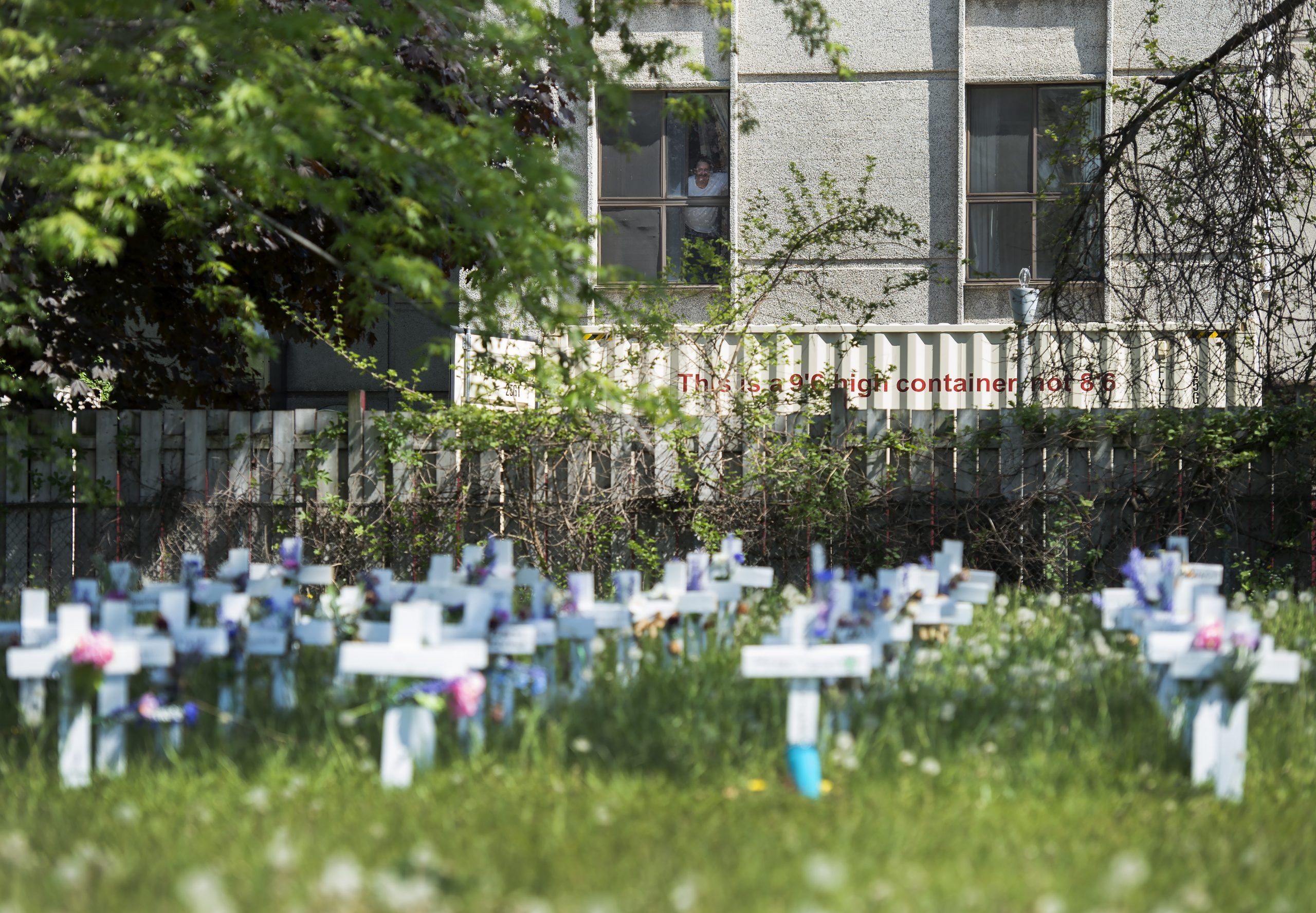machado: covid showed us we have reason to be very afraid of ending up in long-term care
to age at home is the new financial goal for many canadians after the pandemic revealed the horrendous conditions in many long-term care and retirement facilities.
we can't prevent aging, but we do have the power to stay healthy for longer
aging is inescapable, but there's no shortage of science-based tools to help promote a healthy lifestyle and maintain good health into old age.
dr. nowak: sometimes the most important prescription has nothing to do with medication
a good social prescription can be transformative, shifting the conversation between a patient and a doctor from asking 'what’s the matter with you?' to 'what matters to you?'
 6 minute read
6 minute read





















